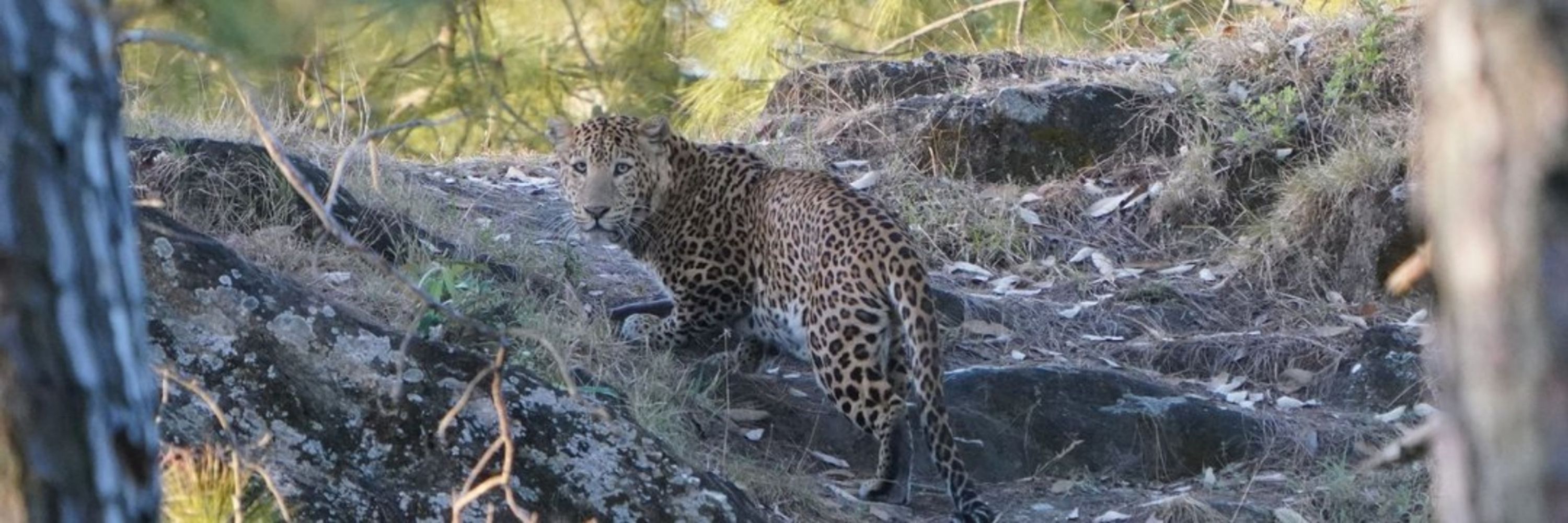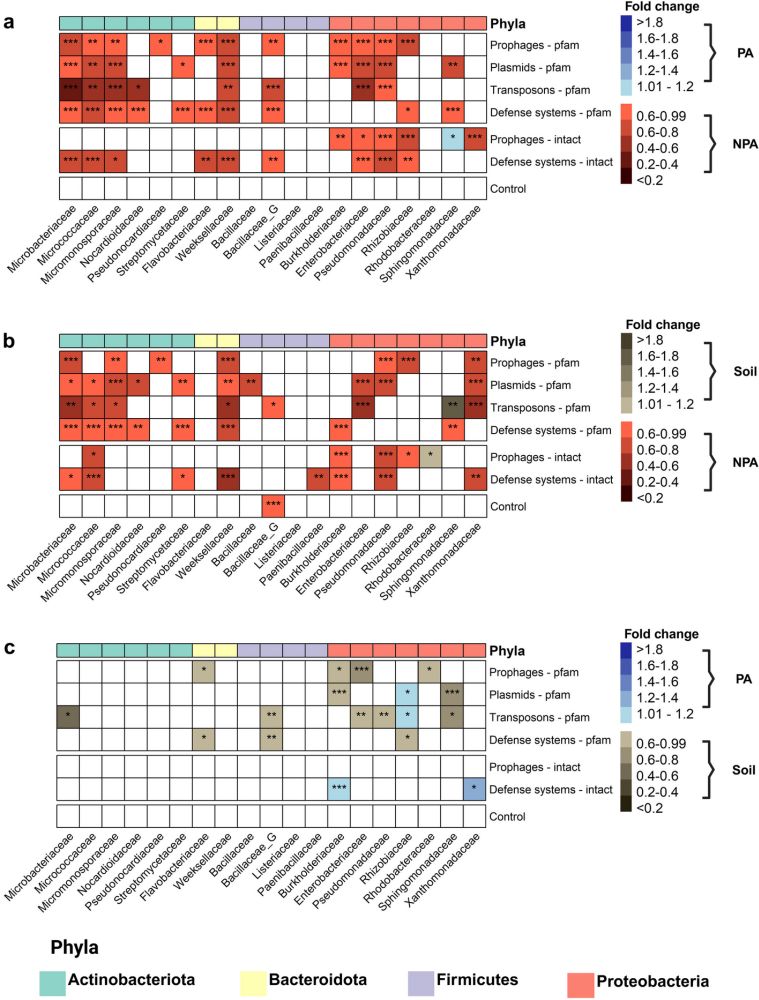
@cp-trendsmicrobiol.bsky.social Opinion by Elizaveta Gorbunova, Marjolein Heddes, Daan van der Veen & Silke Kiessling
www.cell.com/trends/micro...
#ChronoMicrobiology #ChronoSky

@cp-trendsmicrobiol.bsky.social Opinion by Elizaveta Gorbunova, Marjolein Heddes, Daan van der Veen & Silke Kiessling
www.cell.com/trends/micro...
#ChronoMicrobiology #ChronoSky
Jiajun Cui & Emma Caullireau between my lab @ucllifesciences.bsky.social @cloeucl.bsky.social & the Karasov Lab (tkarasovlab.org) @uofubiology.bsky.social
and collaborators: @plantricia.bsky.social et al.
tinyurl.com/5yx2wmz5
(1/n)

Jiajun Cui & Emma Caullireau between my lab @ucllifesciences.bsky.social @cloeucl.bsky.social & the Karasov Lab (tkarasovlab.org) @uofubiology.bsky.social
and collaborators: @plantricia.bsky.social et al.
tinyurl.com/5yx2wmz5
(1/n)
arxiv.org/abs/2511.15304
Like magic spells, you need to use the correct pentameter or the demon won't listen

Eliminate your opponents of course.
Recently, my friend @fernpizza.bsky.social showed how plasmids compete intracellularly (check out his paper published in Science today!). With @baym.lol, we now know they can fight.
www.biorxiv.org/content/10.1...

Eliminate your opponents of course.
Recently, my friend @fernpizza.bsky.social showed how plasmids compete intracellularly (check out his paper published in Science today!). With @baym.lol, we now know they can fight.
www.biorxiv.org/content/10.1...
www.science.org/doi/10.1126/...

www.science.org/doi/10.1126/...
journals.plos.org/plosbiology/...

journals.plos.org/plosbiology/...
"[AI agents] can... infer a researcher's latent hypotheses and produce data that artificially confirms them."
...
"We can no longer trust that survey responses are coming from real people" [email protected]

"[AI agents] can... infer a researcher's latent hypotheses and produce data that artificially confirms them."
...
"We can no longer trust that survey responses are coming from real people" [email protected]
Sponsors: @amiposts.bsky.social, Pendulum, & Liv (@zymoresearch.bsky.social)
Registrants will receive free memberships to Applied Microbiology International.
Details below 👇

Sponsors: @amiposts.bsky.social, Pendulum, & Liv (@zymoresearch.bsky.social)
Registrants will receive free memberships to Applied Microbiology International.
Details below 👇



Tidningen Curie spoke to IceLab's @mrosvall.bsky.social about the importance of learning to ask questions in research, daring to be vulnerable in order to unlock interesting research directions across disciplines. www.tidningencurie.se/nyheter/lage...

Tidningen Curie spoke to IceLab's @mrosvall.bsky.social about the importance of learning to ask questions in research, daring to be vulnerable in order to unlock interesting research directions across disciplines. www.tidningencurie.se/nyheter/lage...
Our new study reveals that industrialization drives parallel genomic adaptations across gut bacterial species worldwide:
www.biorxiv.org/content/10.1...
#microbiome #globalhealth #GMbC #genome #evolution

Now you can watch it here.

Have a read!! ➡️ doi.org/10.1093/gbe/...
@emilruff.bsky.social @alexjaffe.bsky.social @geomicrosoares.bsky.social & others not in Bluesky!

Have a read!! ➡️ doi.org/10.1093/gbe/...
@emilruff.bsky.social @alexjaffe.bsky.social @geomicrosoares.bsky.social & others not in Bluesky!


Is it sponges (panels A & B) or comb jellies (C & D) that root the animal tree of life?
For over 15 years, #phylogenomic studies have been divided.
We provide new evidence suggesting that...
🔗: www.science.org/doi/10.1126/...

Is it sponges (panels A & B) or comb jellies (C & D) that root the animal tree of life?
For over 15 years, #phylogenomic studies have been divided.
We provide new evidence suggesting that...
🔗: www.science.org/doi/10.1126/...
Is this something you or people in your (-gasp- offline) network would be interested in? 🧪
Is this something you or people in your (-gasp- offline) network would be interested in? 🧪
Our new study with ~2,000 Z. tritici genomes shows repeated TE mobilization waves during global expansion.
With @danielcroll.bsky.social & @guidopuccetti.bsky.social
🧬 www.nature.com/articles/s41...
#TEworldwide

Our new study with ~2,000 Z. tritici genomes shows repeated TE mobilization waves during global expansion.
With @danielcroll.bsky.social & @guidopuccetti.bsky.social
🧬 www.nature.com/articles/s41...
#TEworldwide
"Plasmids, prophages, and defense systems are depleted from plant microbiota genomes"
genomebiology.biomedcentral.com/articles/10....

-in American Naturalist by @stuwest.bsky.social, @annadewar.bsky.social, @ryosukeiritani.bsky.social, Laurence Belcher, and @asgriffin.bsky.social
www.journals.uchicago.edu/doi/abs/10.1...

-in American Naturalist by @stuwest.bsky.social, @annadewar.bsky.social, @ryosukeiritani.bsky.social, Laurence Belcher, and @asgriffin.bsky.social
www.journals.uchicago.edu/doi/abs/10.1...


